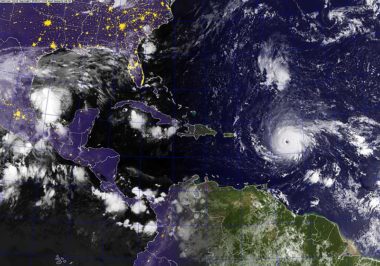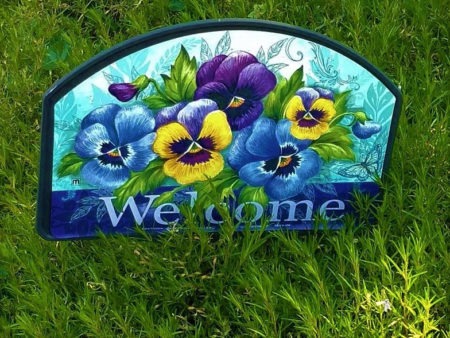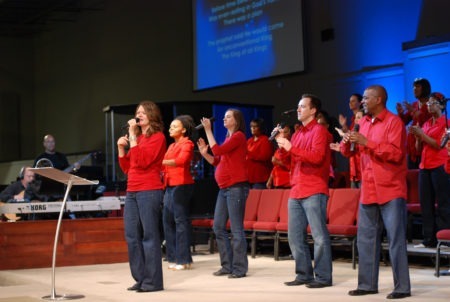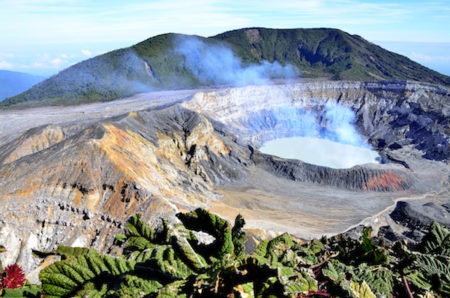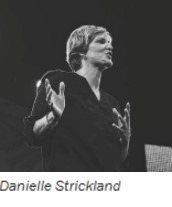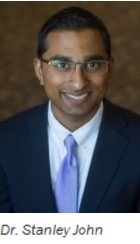Original Image has been removed to avoid copyright infringement.
We often hear exciting things about evangelism and the spreading of the gospel in Africa or other places in the Global South or East. For those of us in the secularized Global North and West, it can seem discouraging. And yet, people are being transformed by the power of the Holy Spirit everywhere – even in places where the culture is highly secular and the church is small.
New Zealand is one of those places.
I had the opportunity to visit New Zealand last month. Richard Waugh, our Regional Secretary for the Pacific region, says New Zealand is the place Jesus is talking about when he says his followers will be his witnesses “…to the ends of the earth.” That rings so true! New Zealand is literally at the end of the earth – the last inhabitable landmass to be settled by human beings, only about a 1,000 years ago.
New Zealand was also the furthest ripple of the Wesleyan revival when in 1823 Rev. Samuel Leigh set up only the second Christian mission of any kind in the country. Our Wesleyan family has been present ever since – first as Wesleyan Methodists, Primitive Methodists, United Free Methodists, and Bible Christians. Now the John Wesley family of churches present in New Zealand includes The Wesleyan Methodist Church of New Zealand, the Methodist Church of New Zealand, the Church of the Nazarene, the Chinese Methodist Church of New Zealand, Korean Methodist churches, Free Wesleyan Church of Tonga churches, Samoan Methodist Conference churches, Tongan Wesleyan Methodist churches, and Evangelical Samoan Wesleyan Methodist churches.
What a diverse family! All laboring on behalf of Jesus Christ in one of the most highly secularized countries in the world.
And New Zealand is definitely secular and diverse. Currently the top 19 most non-religious countries in the world are all non-English speaking countries – think North Korea, Estonia, and the Czech Republic. But the 20th most non-religious country – and the first English-speaking one – is New Zealand. In 2013, 41.9% of the population said they were “non-religious.” In the United Kingdom it’s 37.9% and in Canada it’s 23.9%. The United States is well below that. New Zealand is also culturally diverse, especially its largest city, Auckland. In 2016, Auckland, with a population of 1.5 million, had the fourth largest foreign-born population (39%), which makes it more diverse than Sydney in Australia, Los Angeles in California, London in England, or New York City in New York. The only cities that are more culturally diverse are Dubai in the United Arab Emirates, Brussels in Belgium, and Toronto in Canada.
So what can we learn about evangelism from the small but growing Wesleyan family in New Zealand?
Quite a lot:
1) When 41.9% of the population are self-proclaimed non-religious people, the mission field is huge! Couple that with the diverse presence of migrants, many of whom bring a strong commitment to Christian faith with them, and you have a dynamic environment ripe for the work of the Holy Spirit.
2) The gospel is always a countercultural movement. When there is little to distinguish people of faith from those who claim to be non-religious, the gospel becomes a mere shadow of itself. There are a wide range of norms, moral commitments, and social and political understandings in every culture in the world. Some of these are consistent with the gospel and others are not. The growing churches in New Zealand have recognized that if, as we follow Jesus in our daily lives, in our communal life together, and in our engagement of the community around us, others are not able to see a uniquely different way of being in the world, our evangelism will always fall flat, or we will not evangelize at all.
3) Cultural diversity requires new expressions of church and a commitment to church planting. The gospel is spread not as often by leading congregations toward their own growth, but by leading congregations to multiply themselves, birthing new congregations and fresh experiences of church.
4) Evangelism is a “long obedience in the same direction.” We must walk with people for a long time if they are to come into a life-transforming relationship with Jesus Christ. This is true in secularized environments like New Zealand but equally true in other environments as well. If we don’t care enough about people to walk with them as they journey through life, then we likely are not as committed to sharing our faith as we think we are.
And finally,
5) We must begin to take third-culture people seriously. In many places in the world, there are people who have their feet in more than one culture: the children of migrants who are growing up in a “new” culture, but whose family is steeped in their culture of origin; minorities who live in both the culture unique to their ethnic group and the dominant culture of their environment. Young people all over the world are often third-culture people – living in a culture of globalization and technology, while at the same time navigating the “old world” norms of their elders. These third-culture people are also multilingual. Whether it be the subtler differences of the language of youth or a particular ethnic group, or the more obvious differences of a completely separate language like English, Swahili, Portuguese, or Samoan, these people are able to speak multiple languages because of their presence in multiple cultures.
This is of particular importance for evangelism, not simply for communication, even though that is paramount, but for leadership. The kingdom of God needs third-culture leaders – those who understand the importance of building bridges from one culture to another, who understand what it means to be in between worlds, whether those worlds be cultural, generational, economic, or linguistic.
Our brothers and sisters at the ends of the earth have discovered some important insights about evangelism. I dare say they are not unique to New Zealand, but are applicable to many other parts of the world as well.
Our mission field is great, no matter where we live. If we are willing – in all parts of the world – to walk with people, caring for them while we follow Jesus in tangible ways that can be seen and experienced; to risk multiplication, birthing new churches and ministries beyond our own congregation; and if we are willing to invest our time and energy in mentoring leaders to be bridge-builders into the lives of others, space will be created for the movement of the Holy Spirit and people will be transformed everywhere.

